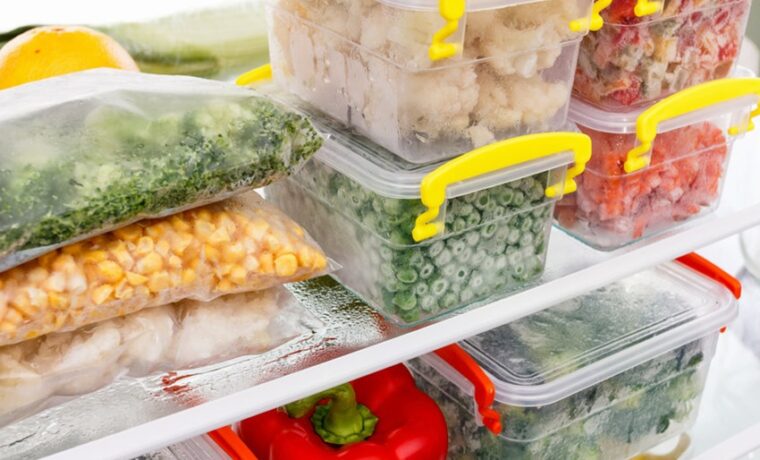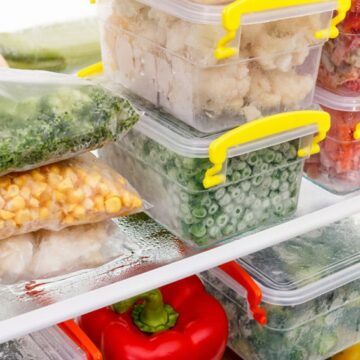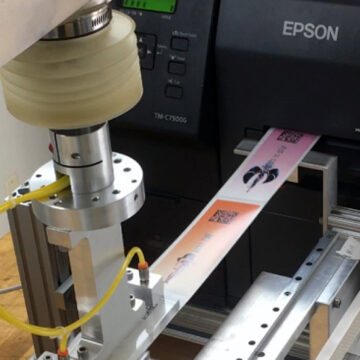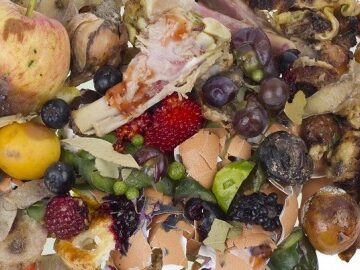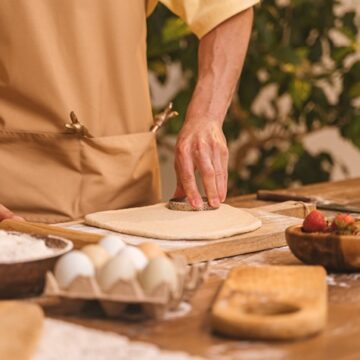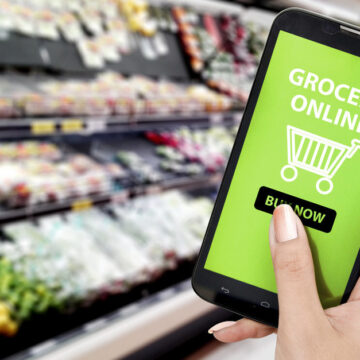It is interesting to have a freezer brimming with ingredients and premade meals. You can toss a crisp-tasting supper together without going to the store. You can prepare homemade cookies a couple of times, defrost a quick brownie or two, and toast new bagels.
Furthermore, during the coldest part of the year, you can draw on summer’s abundance of basil, berries, and stone fruit. Also, freezing food is quite easy to limit food wastage, reduce your environmental effects, and save money.
One of the least difficult ways of diminishing food waste is to freeze food since it helps stretch your extras and raw ingredients.
Duration to Freeze Your Foods
Food can be stored in a properly functioning freezer for a very long time without going bad. The freezer is like a pause button; you can freeze food straight up to the use-by date. While food is safely kept in the freezer, the quality gradually decreases over time.
That’s why experts recommend that foods be used within three to six months and check for any freezing guidelines on the packaging. The pause button is off when thawed out, so it is ideal to thaw out food as required and eat in 24 hours or less. Check the expiration date if you buy from a frozen food store.
4 Strategies for Preserving Foods
A freezing food is better because it doesn’t lose its nutrients. Below are some effective tips on freezing your foods and reducing food waste.
Prepare meals ahead of time
To make for supper, utilize a meal planning calendar or application for your weekly meals. This will help in lessening last-minute supermarket trips and forestall impulse purchases that can bring about food loss. Plan dinners and make a shopping list in light of those plans. Like that, you won’t buy excessively or too little. Additionally, remember leftovers for your plans; this will assist you in utilizing ingredients before they turn sour.
Create a shopping list. Before going to the store, list things that need to be bought and stick to it. This will help you reduce expenses from impulse purchasing. It is also an incredible method for using food creatively.
Blanching
Numerous vegetables are best blanched prior to freezing. Blanching is a strategy that includes presenting food to boiling water or steam for a brief timeframe and afterward quickly cooling it to forestall cooking (this is referred to as refreshing).
It prevents enzymes in the food from acting, kills microorganisms, and enhances frozen food varieties’ color, nutrients, and texture.
Use leftovers admirably to decrease food waste
You’ve prepared a big dinner for the family, and there’s a bit extra, so you discard it.
Use your leftovers, and if your supper can be frozen, then pop it in the freezer. It will save you from going overboard on a takeaway or purchasing food superfluously, and more importantly, it will diminish food waste.
If you’re stressed out because you’ve forgotten your delectable grub concealed in the freezer, clearly label your food with its type and the date of freezing. That’s how you’ll see it, and you won’t want to waste it.
Sort out your freezer to halt food wastage
A completely loaded and clean freezer is often a wonderful sight. But this isn’t cool regarding food waste, as it’s easy to forget what food you have.
Keep your frozen food coordinated so you can obviously see the food names with best-before dates and nutritional data.Use the first-in, first-out strategy. It’s a proven method for decreasing food waste.
Keep your stuff with upcoming expiry dates at the front of your cooler so the food gets used, not disregarded. Ensure you have all the ingredients to make healthy and balanced meals for you and your family.
Conclusion
There’s absolutely nothing that you can’t freeze, yet not all things are mouth-watering after they defrost. Chilly temperatures can cause physical and chemical damage to cells and tissues, making some food sources limp or watery. Good preservation technics is one of the best ways to preserve food.
Finally, to avoid wastage, you need to buy the quantity of food you need instead of stocking your freezer. However, stocking your freezer is good but the food may get spoilt if you don’t eat them or routinely check their condition.




